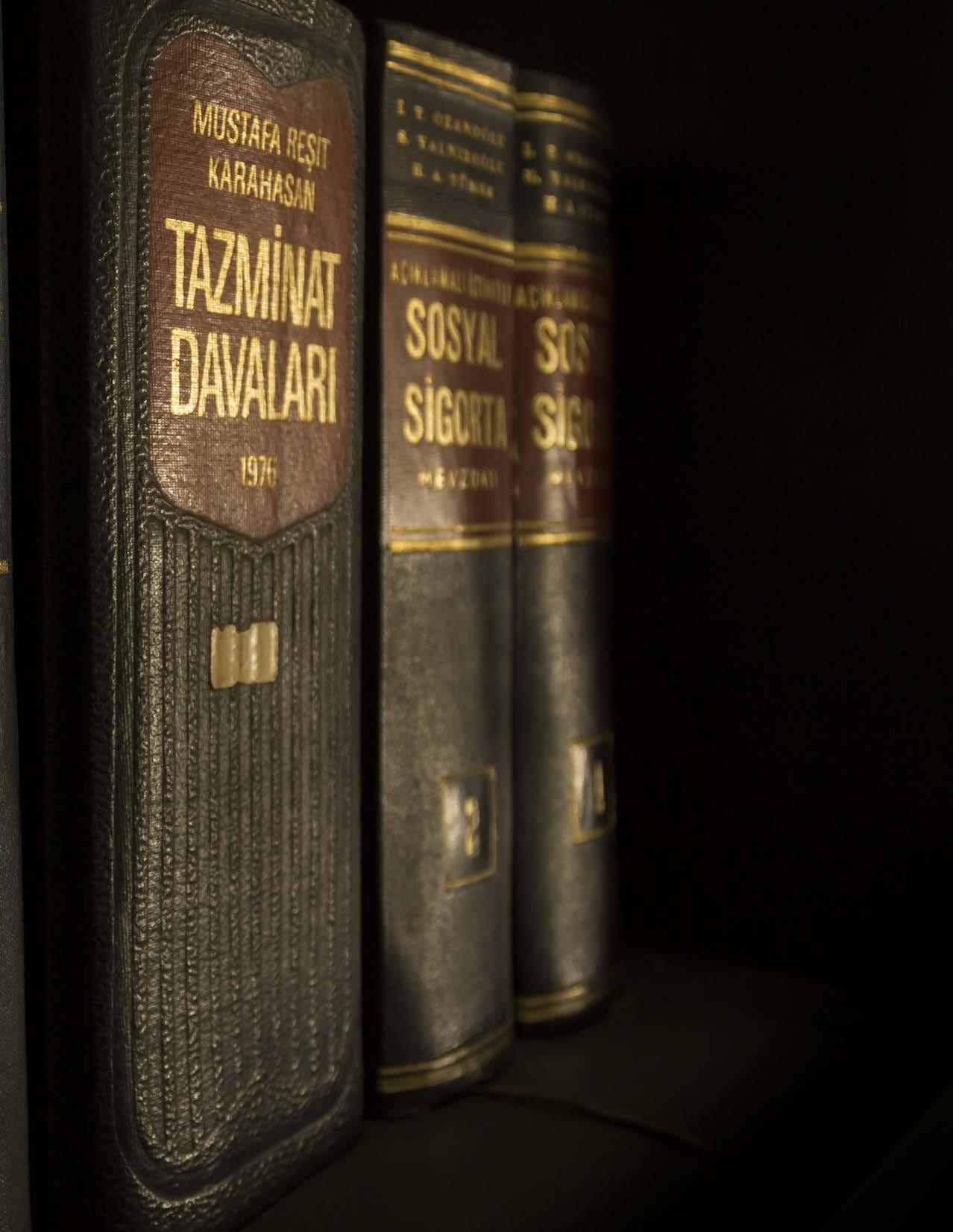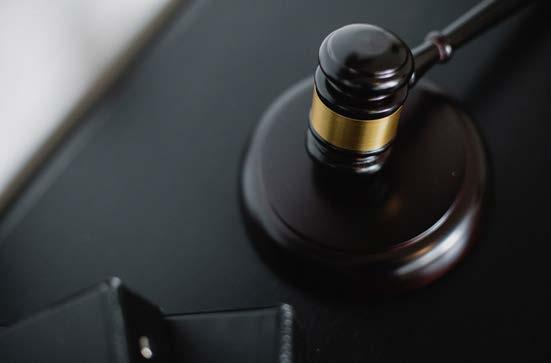
13 minute read
Featured Model: Farrah
Born in Dallas, TX and raised in Ennis, TX, Farrah has always been an artist at heart. Her biggest inspiration as a young child was her musicallyinclined family, especially her grandmother, who was the First Lady and head musician at her grandfather’s church in Mexia, TX. All the women in her family were very much into appearances, specifically when it came to fashion and fragrances.
Being surrounded by people with such vast backgrounds, Farrah wanted to be good at everything she had a talent for! America’s Next Top Model was her favorite show growing up and is also what pushed her to begin modeling professionally. At every waking moment she sang as loud as she could and practiced her model walk, even sometimes during class. Despite growing up in a small town where dreaming is not encouraged, Farrah has always made it a point to prioritize her dreams above all else. Throughout high school, Farrah was most proactive in choir, theater, and fitness. For fun, she read a lot of African-American literature and poetry. After graduating high school, she went on to study at Texas Southern University as a Music Major with a concentration in Vocal Performance. However, it wasn’t until the end of her sophomore year there that she realized classical music was not her forever so she dropped out, got an apartment in Houston, and became an intern at a local thrift store off MacGregor Way where she could gain experience in sales, styling, modeling, and social media management.
Advertisement
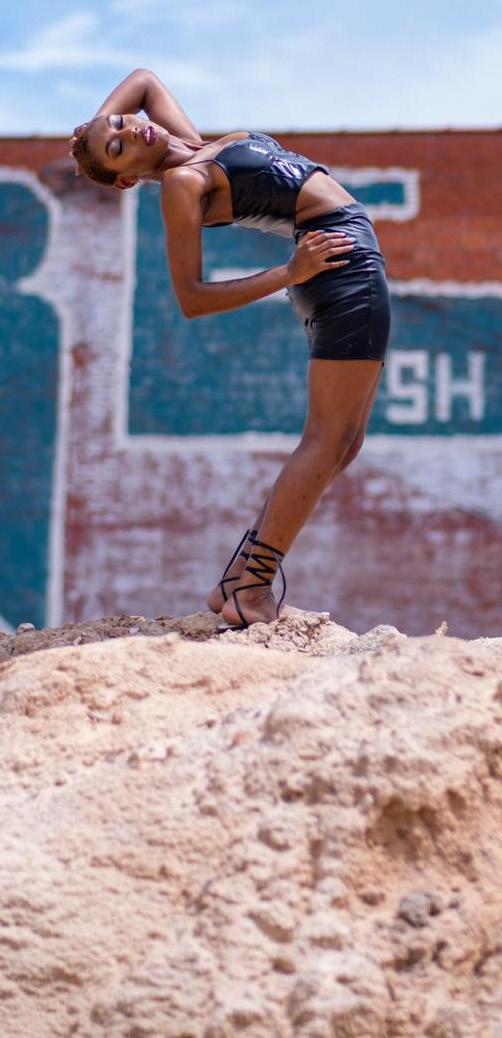
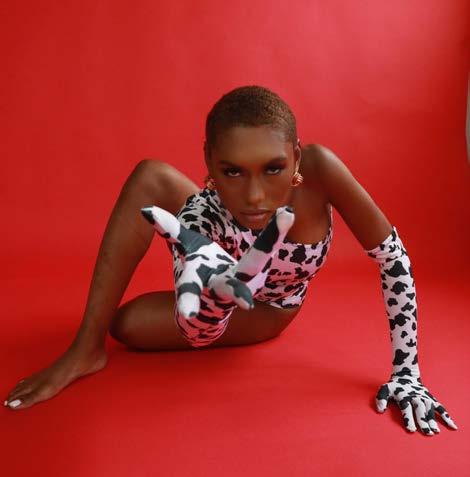
Learning of the harsh expectations of the modeling industry really scared her from modeling all her life because she always believed she wasn’t thin enough. Little did she know, the industry had just started to change in her favor. And with a much needed push from her friends at the thrift store, in 2020 she began pursuing a modeling career fulltime. Can you say “Divine Timing”?

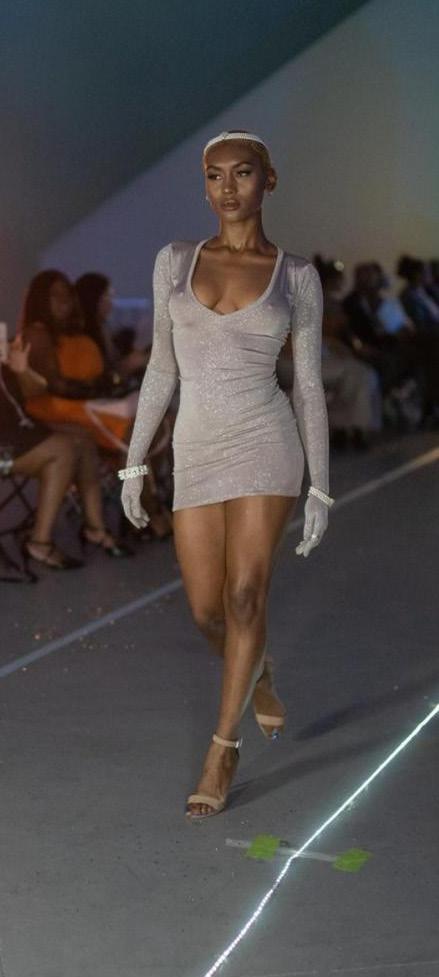
So Farrah started off with print, graduated to runway, and then to music videos and public appearances. As time went on, her confidence began to soar and she became more ambitious in pursuit of other dreams of hers. MidFebruary, she was recruited to become a TV Host for AfroVibes TV & Radio. It took A LOT of time, training, sweat, and tears, but she became such a stand-up girl on screen and gained an incredible team who grew quickly into extended family. In a city where almost everybody talks a good game, Farrah has always made it a point to allow her energy to speak for her. She’s never been a good liar, so to sell a fantasy was very left-field for her. She believes that a deserving spirit will always be prosperous, and so she chooses to present herself as a living testimony to all upcoming models, artists, and entrepreneurs that accountability and integrity can indeed get you to where you want to be in life. Her motto is “Do Nothing Without Intention” and she tries her best to live her life accordingly.
THE 2021 WORLD CHAMPIONSHIP
TABLE TENNIS COMPETITION
By John Foster
The tournament was held at the George R Brown convention Center. The best table tennis players around the world came to Houston November 23 through November 29 to play in the world championships of table tennis here in Houston Texas.
Houston was honored to be the first city ever in America to host this 2021 WTTC competition. With the new format the international table tennis Federation featured 128 players in singles men and women. There was 64 pairs each for doubles competition including mixed doubles. This is larger than most tournaments in the past! The event was completely sold out on the final days with attendance completely full every day. China’s talent proved once again they are the best in the world winning four of the five divisions!
Fan Zhendong for the first time won the gold medal in singles beating a 19-year-old Swedish player Truls Moregard #77 in the world 4-0 in the finals. Truls came out of nowhere earning his way to the finals. Defeating Timo Boll in the semifinals which was a real upset. On the women’s side Wang Manyu defeated her teammate Sun Yingsha 4-2 and took the singles title. These two are very good friends and it was a great competition they were both happy to be in the finals and consider it a win-win at least that was Wang‘s feelings about the finals. Swedish players Kristian Karlsson and Mattias Falck took the men’s doubles match defeating South Korea’s Jang Woo-Jin and Lim Jong-hoon. In mixed doubles an American and Chinese player took the bronze medal in mixed doubles. Lin Gaoyuan (China) and Lily Zhang from the US. This year marks the 50th year of ping-pong diplomacy which is of great significance in the sport. This was their first time playing together and was just approved a week before the matches so that an American player could play with the Chinese player in the mixed doubles competition. The Chinese table tennis association and the US table tennis Association jointly agreed that these mixed doubles tandem was going to be allowed in the 2021 championships. Agreeing that this would be a great achievement for the China-US relationship in friendship. Hopefully in diplomacy and definitely in the history of table tennis.

PREMIER LEAGUE UPCOMING SCHEDULE








COLIN POWELL
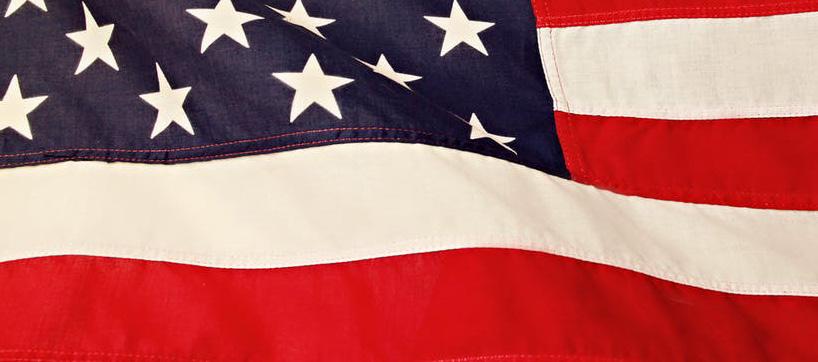
AND THE DEATH OF AN AMERICAN TRAILBLAZER
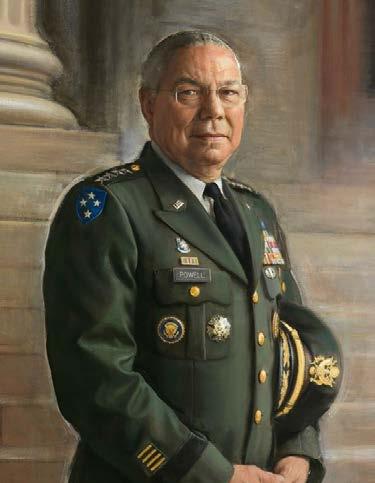
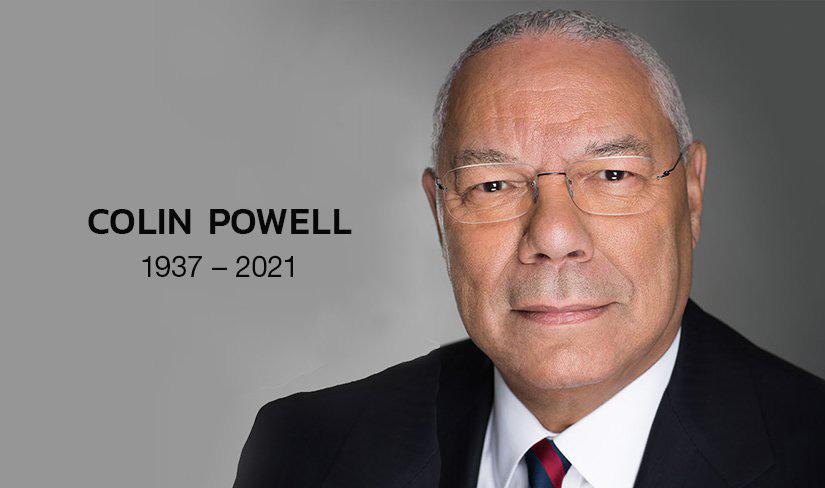
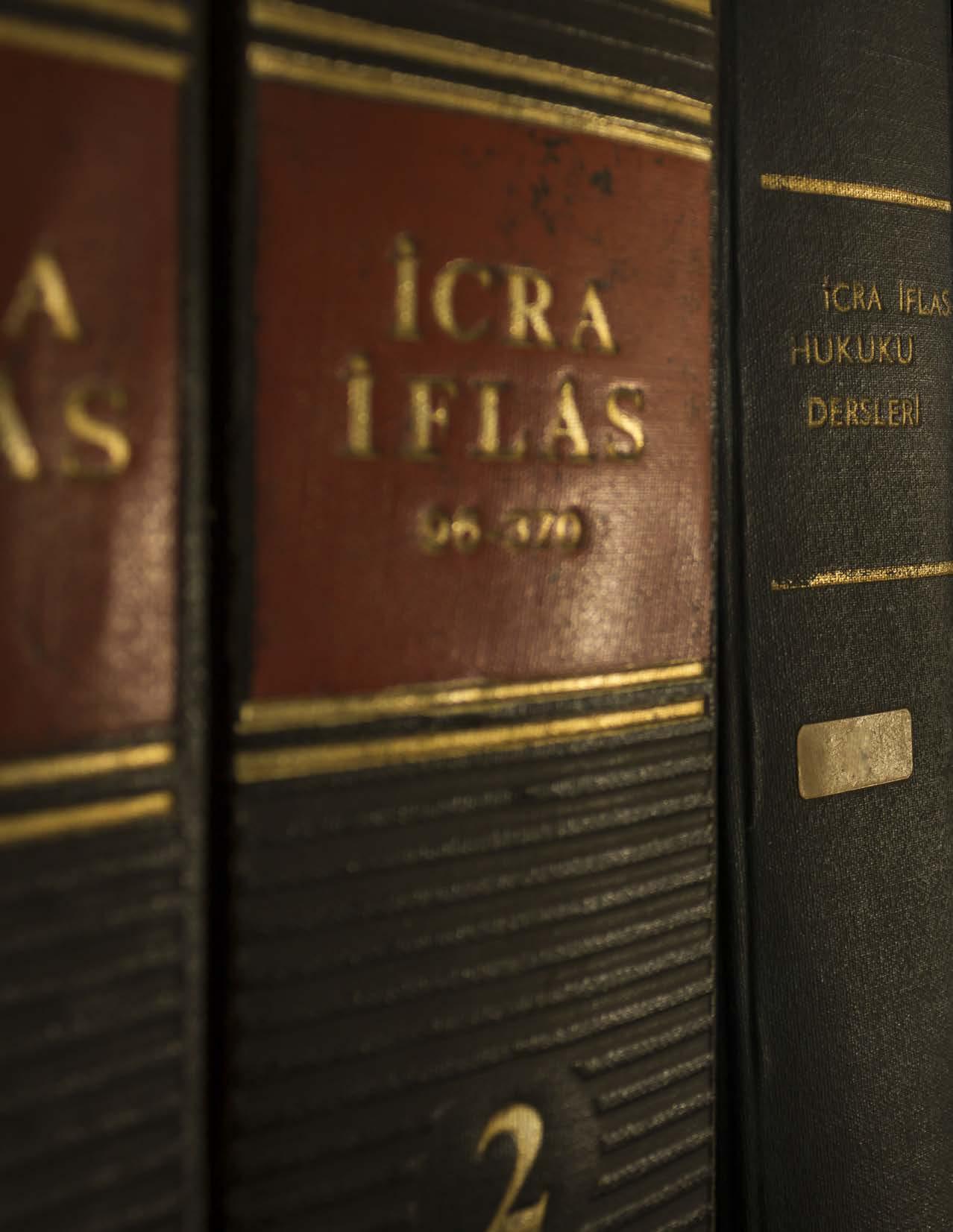
Colin Luther Powell was born on April 5, 1937, in Harlem, New York to Jamaican immigrants. Generations ago, who would have imagined that a soon academically challenged black kid from the South Bronx would eventually blossom into a pivotal figure in the United States military and American political life? A man who took the form of a revolutionary trailblazer, standing as a model to the world of what a determined black man could achieve in an otherwise indifferent American racial landscape. While attending school at the City College of New York, he began participating in the ROTC, eventually attaining the top rank of cadet colonel. Powell would always say that the military was an environment in which he felt he finally belonged and could strive within. “I felt somewhat distinctive wearing a uniform. I hadn’t been distinctive in much else.” After graduating in 1958, Powell graduated and entered the US Army. He would go on to serve two tours in Vietnam during the 1960s. He was wounded in action twice, including a helicopter crash in which Powell rescued two fellow soldiers. After returning home from the conflict, he attended the National War College and began to ascend the leadership hierarchy. By 1979, Powell had been promoted to brigadier general. During the 1980s, Powell’s career reached new and incredible heights. He was appointed as President Ronald Reagan’s final national security advisor in 1987 and was chosen by President George H.W. Bush to head the Joint Chiefs of Staff in 1989. Powell had ultimately achieved a level of status that no African American before him had accomplished throughout the long history of African American involvement in the United States military. It was over two hundred years in the making. Two hundred years of brutal exploitation, discrimination, and belittlement. In this way, Colin Powell was a true trailblazer. A man undeterred by an American culture of racial exclusion that served as a roadblock for minorities striving to achieve the highest levels of bureaucratic prestige. The next few years of Powell’s life might be his most memorable. After participating in the 1989 invasion of Panama, Powell was tasked with developing an answer to Saddam Hussein’s barbaric and shocking invasion of Kuwait. He was at first reluctant to get involved militarily, and instead reasoned along diplomatic lines. Powell, many times described by his colleagues as the “reluctant warrior” during the Persian Gulf War’s buildup and eventual assault into Kuwait and Iraq out of Saudi Arabia, is most iconic for his words during a news conference held during the opening days of Operation Desert Storm. Referring to the entrenched Iraqi Army in the region, Powell famously said “First we’re going to cut it off. Then we’re going to kill it”. The American military and its massive coalition of supporting allies quickly routed Saddam’s Army in a four-day ground war that helped put to rest the “Vietnam Syndrome”, which had clouded American foreign policy in the several years that followed the end of the Vietnam War. In the aftermath of the groundbreaking American and coalition victory in the Persian Gulf over Iraq, Powell came to be recognized as a true American hero, then renowned for his “Powell Doctrine” of overwhelming military might. His efforts during the war earned him both the Congressional Gold Medal, as well as the Presidential Medal of Freedom. Powell retired from his long and decorated military career in 1993. Throughout the remainder of the 1990s, Colin Powell began to be characterized as a potential presidential candidate. He turned down this opportunity on multiple occasions. Instead, by 2000, Powell became very interested in George W. Bush’s Presidential Campaign. He would soon become Bush’s first cabinet selection, where he was announced as the United States’ first African American Secretary of State. However, in the aftermath of the terrorist attacks of September 11, 2001, Powell became Bush’s top diplomat tasked with building international support for the War on Terror. This new role would prove disastrous for Powell’s reputation, as he delivered a speech in early 2003 before the United Nations. He presented false evidence allegedly proving that Iraq had hidden weapons of mass destruction from UN inspectors. Only a few years later, Powell would go on to say that his UN speech would forever remain a “blot” on his record. The Iraq War soon collapsed into a military quagmire and Powell left the State Department in 2005.
Even though his career ended with a whimper and not with a bang, one should never overlook his unparalleled success in the American public spheres of military and political life. Nor should they forget the many doors that he opened for minorities as a true American trailblazer. Powell passed away on October 18, 2021, from complications of COVID-19. Although he also suffered from multiple myeloma and Parkinson’s Disease, his death reminds us of the vast scope of damage that this virus has inflicted upon the people of this nation. His death should be viewed as not only a rise to the rallying legacy of a trailblazing giant, but also a reminder of how many we have lost over the course of this deadly pandemic. But also, a restored appreciation for life’s possibilities.
A little about the author, Max Jefferson
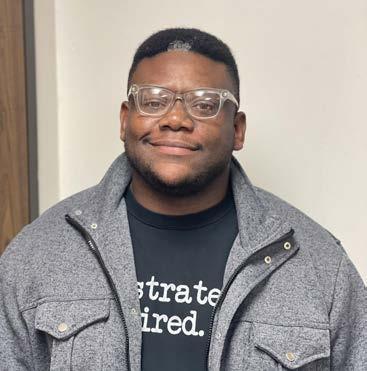
My journey has not been ideal. A child of two accomplished Houston-based lawyers, I was raised in a household committed to black excellence and individuality. I grew up in a privileged environment. Demographically and culturally, my experiences growing up didn’t match the experiences of most Black Americans. I was spoiled with the fortune of having a father who was a standout football player for the University of Texas at Austin, and I always looked forward to attending Texas Longhorns football games every fall. However, I faced adversity at a young age. I was hospitalized with Kawasaki’s Disease in 2003 at the age of eleven. The doctors at Texas Children’s Hospital didn’t expect me to live. I fought for my life that summer. I survived and escaped certain death a changed human being. My life forever stripped of its innocence. But also, a life placed on a unique path of intellectual curiosity and bold distinction. Eighteen years later, I’ve earned a MA in History from Clark Atlanta University and have found public success with my blog, Frustrated. Inspired. I’m excited about what the future holds for me. A young man who understands the necessity for resilience and distinctiveness in life.
THE AMERICAN JUSTICE SYSTEM IS ON TRIAL
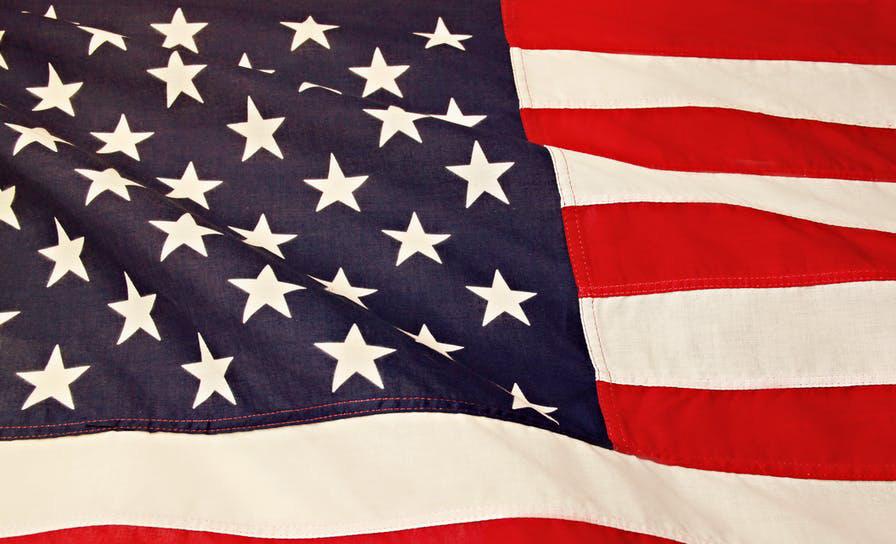
As Americans, regardless of race, we all know this familiar story. Justice for black life sacrificed in the name of the age old mystique of white purity. It really doesn’t matter who the name of the victim is. Emmitt Till, Medgar Evers, Rodney King, Trayvon Martin, Breonna Taylor, George Floyd, or Ahmaud Arbery. Whether they survived their deadly encounter with racism, or weren’t so lucky, the value of their lives has historically been questioned and ultimately undervalued by a blatantly biased justice system. In the wake of the Kyle Rittenhouse verdict, it’s quite obvious how much those designated as Caucasian are given the benefit of the doubt in situations where Blacks would have been assumed guilty until proven innocent. The pending verdict on the brutal shooting of an unarmed, young black jogger in Brunswick, Georgia has the residents of the small Southern city somewhat pessimistic. They know all too well the history of the justice system’s track record when Black lives are involved. Statistics show that over half of Black adults across the United States do not believe in the American justice system. The events of the past two or so years certainly hasn’t tempted them to change their minds either. The murder of George Floyd, captured grimly by social media, will forever be sealed in their collective memory. But even more unfortunate, Black Americans have been accustomed to such inhumane treatment dating far back into their ancestral storyline. With a jury only possessing one black, alongside eleven whites, Brunswick’s black community awaits the verdict to the Arbery case with cautious optimism. However, many in Brunswick and across the nation are less optimistic after so many years of having to accept the ongoing failure of an underachieving American justice system. A guilty verdict won’t be able to undue the damage done to Arbery and his family, but it might help temper an American racial climate that has the feeling of a hot thermometer on the verge of a violent explosion. With the recent rise of Trumpism and White extremism, the hands that manipulate the American justice system have a responsibility to the American people to finally perform in a fashion that is fully aligned with the pronounced values of the United States. Such a development would be a welcoming sign for the future of race relations in this nation. However, as conventional wisdom has shown us time and again, this justice system might be more inclined to surrender to a culture that endorses racial purity and domination at the dismay of black lives. Therefore, as the jury in Brunswick deliberates, those Americans who sincerely want to see racial justice prevail on a consistent basis should brace themselves for a form of disappointment that they are well accustomed to. However, they must not allow pessimism to dampen their spirit and hopes for an American justice system that honors the promise of resolute equality in our society.
